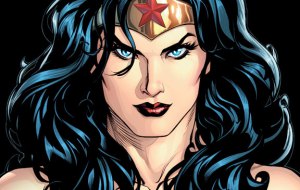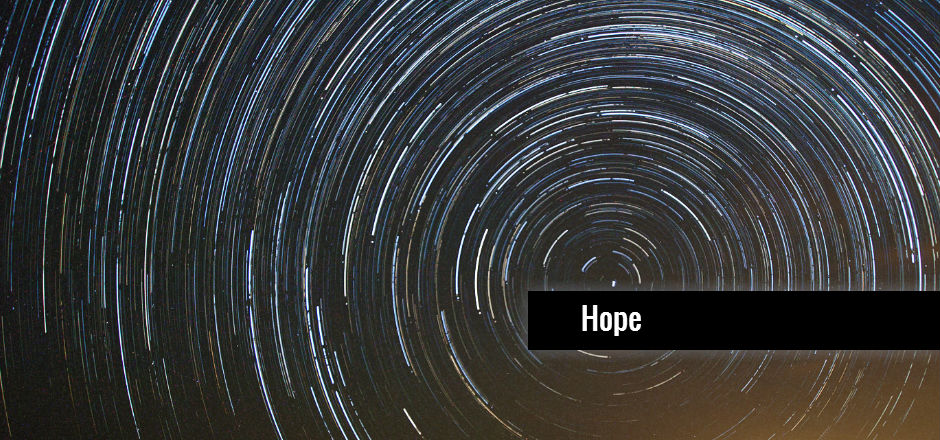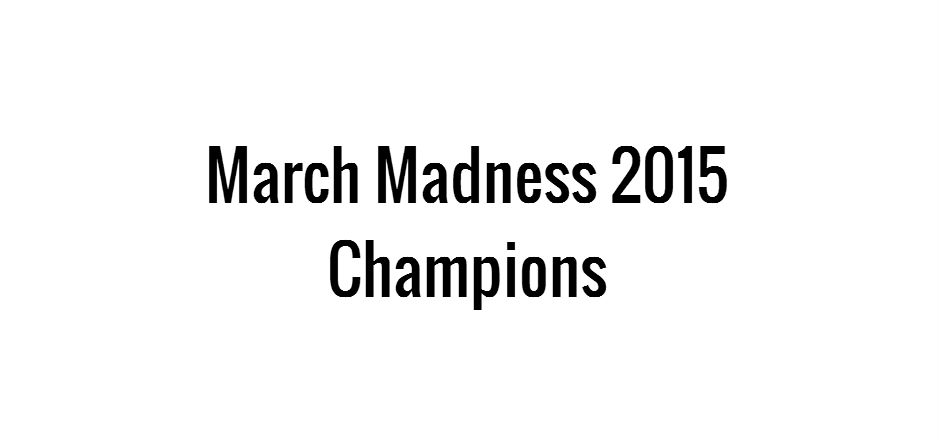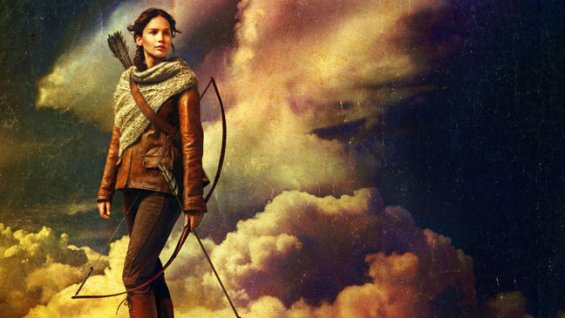I’ve been stuck on superheroes for as long as I can remember. Spider-Man was my favorite, and when I first saw the movies — the ones with Tobey Maguire — I was just about the happiest person imaginable.
One thing that always bothered me, though, was that I had difficulty finding superheroes I could relate to. Spider-Man came close, with his alter ego Peter Parker’s shyness and slight nerdiness. But Superman, with his physical bulk and commanding presence? Batman with his multimillionaire lifestyle? Somehow, none of them could serve me as a role model for the type of person I wanted to become one day — one I actually could strive to be.
And then I met Wonder Woman.
Wonder Woman, or Diana of Themyscira, is a warrior princess of the Amazons whose mission is to promote peace to a world that may or may not be interested in it. As Brian K. Vaughan writes in the introduction to Who Is Wonder Woman?, she’s a bucket of contradictions:
A warrior who loves peace? A champion for women’s dignity who runs around in star-studded little blue underpants? And don’t get me started on a goddess with the gift of flight needing an invisible jet to get around town…
That’s quite the stack of confusion, to be honest, which makes Wonder Woman not only difficult to write — the point Vaughan was making — but also difficult to read and sometimes to understand.

Cover of Wonder Woman: The Hiketeia, written by Greg Rucka with art by J. G. Jones. Image from Wikipedia’s article. Click the image to learn more about its use.
The first time I read a Wonder Woman comic book, I was in the middle of high school — a most dangerous and treacherous place filled with false allies and evil ex-boyfriends — and found, in my local library, a copy of Hiketeia, written by Greg Rucka and published in 2002. I’d known about Wonder Woman before but, due to the above-mentioned contradictions, never really had an interest. What interest would a self-identifying teenage feminist have in a woman running about in star-studded blue underpants?
Except that reading Hiketeia potentially changed my life.
I won’t tell you precisely what it was about Hiketeia that touched me — that’s a tale for another day — but just know that, if you ever get a chance and you have a pair of X chromosomes, reading that book can change how you feel about female superheroes. Rucka wrote Wonder Woman as Diana in the book: a real woman with emotions, internal conflict, and a sense of honor, duty, and ultimate internal strength.
Since closing that book, both literally and figuratively, I’ve searched for science fiction and fantasy that gave me the same sort of feeling that Hiketeia gave me back in high school. Luckily for me, I’ve found a few things: June Iparis from Marie Lu’s Legend series, the episode Heart of Gold in Joss Whedon’s Firefly, and boundless works of literature such as Margaret Atwood’s classic novel A Handmaid’s Tale.
Girls in Capes is here to evoke the same sort of feeling I got when I read Hiketeia: a sense of empowerment and the heartening idea that strong women can be portrayed in speculative fiction as real people, not hypersexualized caricatures. With reviews of books and movies, we’ll try to guide you towards works with empowering women. We’ll analyze upcoming titles as well as fan favorites to look at depictions of women in sci-fi and fantasy culture. Aside from fictional work, staff members will also look at the culture itself, from conventions to trends, and we’ll talk about ways fan culture works (or doesn’t) for girls and women — and others who might be marginalized.
Girls in Capes will feature all this in four main sections: Comics & Graphic Novels, TV & Film, Fiction and Subculture. In the upcoming weeks, you’ll meet our staff writers and some of our guests. No matter what, our readers are most important to us, so you can always comment on a page to let us know what you’d be interested in hearing more about. You’re part of the team just as much as any of us, and we welcome your insights and input.
Welcome to the team.
Feliza is the founder and editor in chief of Girls in Capes. She writes for all sections of the web magazine.







Shouldn’t this be “women in capes?” to call it “girls in capes” is sort of sexist. It sort of adds to the infantilization of women. Unless you’re taking it back. On the other hand I’m going to look up that comic and maybe even read it so thanks.
There’s a bit of an explanation on the way — you can keep an eye out for it — but much of it is that a “woman” is someone fully formed, while the people I hope to reach are still girls: still finding the woman they’re going to become someday. We do also have a bit of a teen or young adult focus (one of our staff writers is actually a YA fiction reviewer) and “Girls in Capes” is a little more in-tone.
I definitely understand where you’re coming from, though. And someday I’ll talk about Wonder Girl as well, both Donna Troy and Cassie Sandsmark. And definitely read Hiketeia. It’s amazing.
Reblogged this on Nerd Kulture.
Thanks for the reblog!